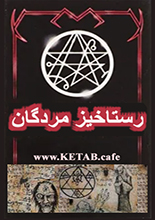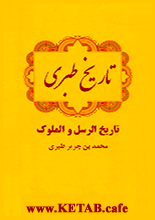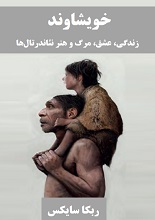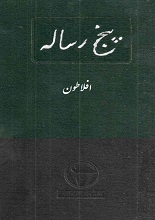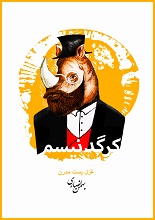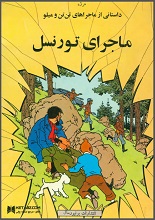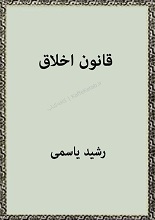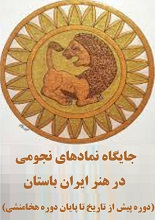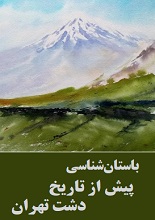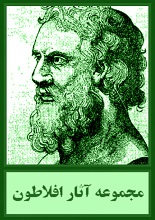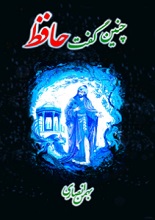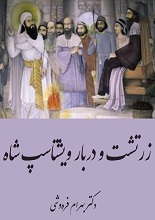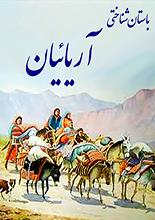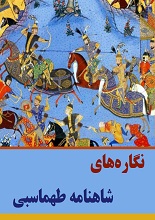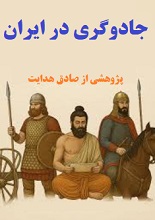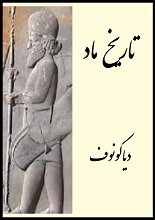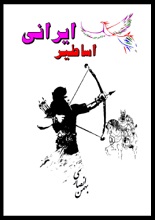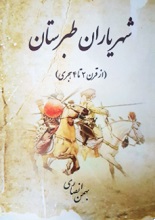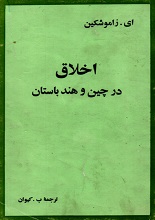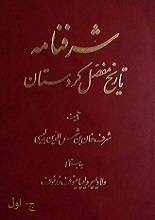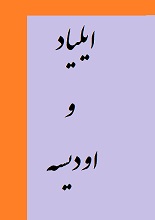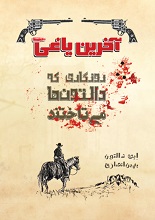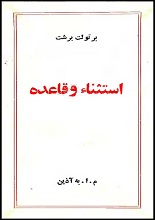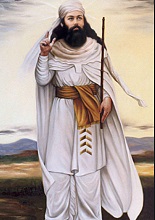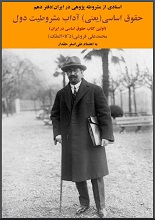Bahman Ansari (born: March 6, 1990 in Tehran) is an Iranian author, poet, and history researcher. In addition to history, he is also active in the field of mythology and Zoroastrianism. In the field of literature, the main activity of Bahman Ansari is in the post-modern genre. He was born in Tehran. He finished his studies atthe university in the field of Iranian history, and then began extensive researches on history. The result of Bahman Ansari’s research is dozens of books and hundreds of historical and literary articles.
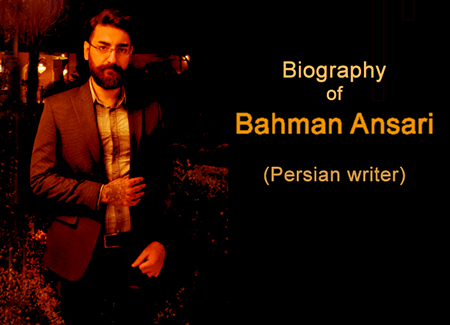
Historical researches of Bahman Ansari
Bahman Ansari’s researches in the field of history are focused on the history of ancient Iran. He works in three fields: Achaemenian history, Zoroastrian history and mythology. His books on Iranian history are:
- Inscriptions of Cyrus the Great
- Iranian Mythology (Translation from Middle Persian)
- Zarathustra and Zoroastrians
- The Kings of Tabarestan
- History of the Iranian Constitutional Revolution (1905 – 1909)

Literary researches of Bahman Ansari
In the field of literature, Bahman Ansari is the author of several books. He is the author of novels, short stories and poems. His literary genre is postmodern literature. Some of his books:
- Slaughterhouse of the Spirit (Novel)
- The Land of Lepers (Short Stories)
- Rhinoism (PostModern Poetry)
- Thus Spoke Hafez

Research articles
Dozens of scientific-research articles in two fields of history and literature have been written by Bahman Ansari in reputable scientific publications. Many of these articles are references for the researches of history and literature students. Some of the most important articles are as follows:
- Zoroastrian scholars, after Islam
- The evolution of the Persian-Arabic alphabet from the Manichaean alphabet
- Examining the characteristics of postmodern poetry and the background of postmodernism in Iran
- The stability factors of Bavand dynasty
- The oldest romantic myths of Western Iran
- Bavand dynasty, from rise to fall
- The religion of Cyrus, based on historical sources and mythology
- Worldview of Sohrab Sepehri
